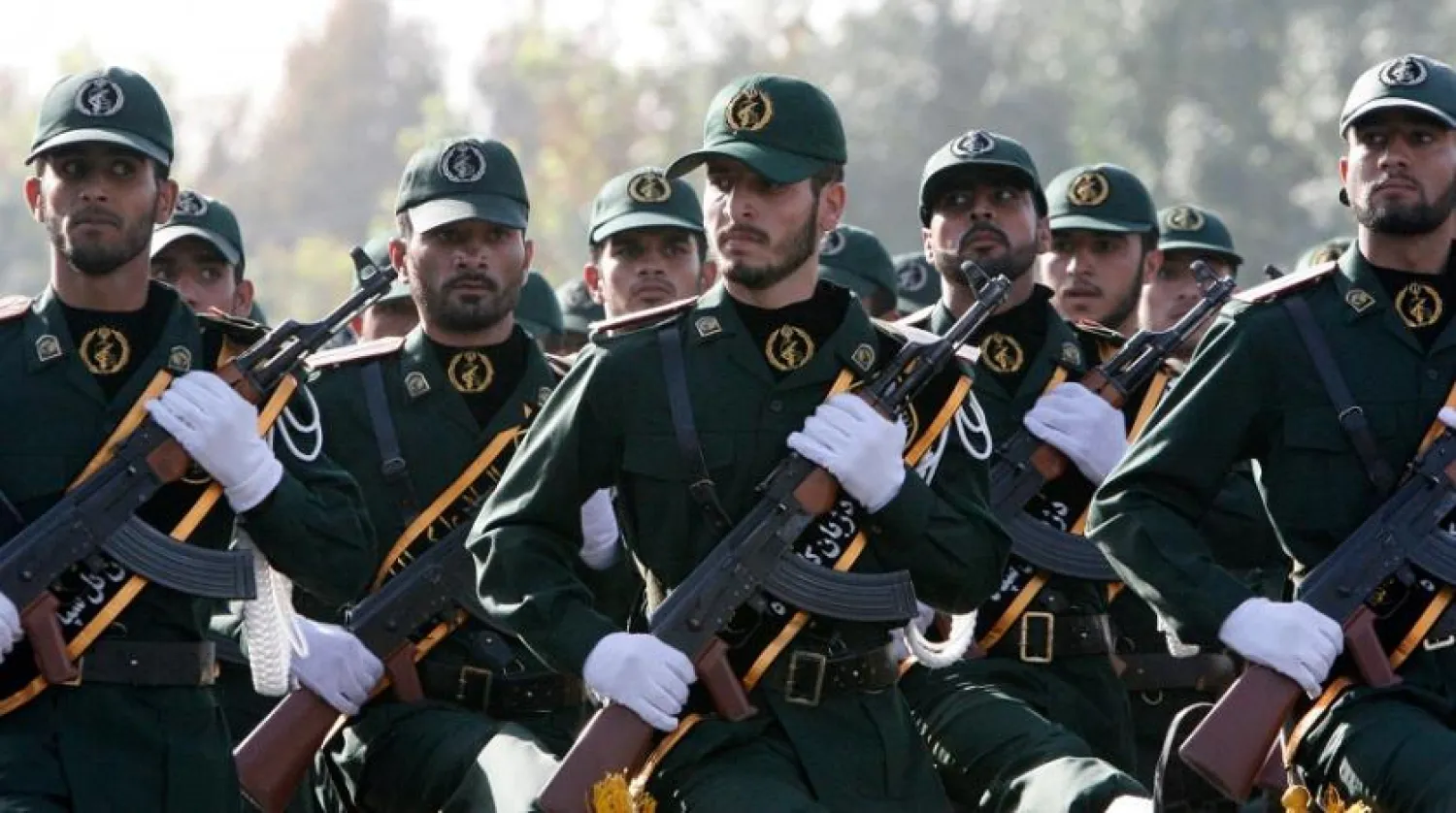Iran’s paramilitary Revolutionary Guard killed an unidentified gunman who attacked its intelligence office Monday in southern Iran, near the Pakistani border, the country's state-run IRNA news agency reported.
The report said the attack happened in the town of Saravan, in the southeastern province of Sistan and Baluchistan, about 1,360 kilometers (850 miles) southeast of the capital, Tehran. According to the report, a local citizen was also wounded during the shootout.
No one immediately claimed responsibility for the attack and the report did not say whether the attacker acted alone or provide any further details. It said the case is under investigation, The Associated Press said.
Sistan and Baluchistan, one of the least developed parts of Iran, has been the scene of occasional clashes between Iranian forces and various militant groups. The relationship between the predominantly Sunni residents of the region and Iran’s Shiite theocracy has long been fraught.
The province, bordering Pakistan and Afghanistan, is also where a separatist group affiliated with al-Qaida and known as Jeish al-Adl, or Army of Justice, operates.
Security forces have also clashed with drug traffickers in the province, located along a major smuggling route for Afghan opium and heroin.
In March 2021, an explosion killed one person and wounded three in Saravan.
Last month, the Guard and an armed criminal gang clashed in the province, leaving three Guard members and “at least five bandits” dead in the district of Kourin. And in July, armed bandits shot and killed four Guard members in the province.









